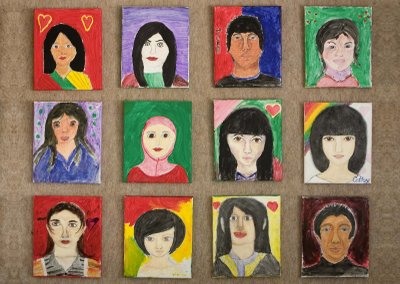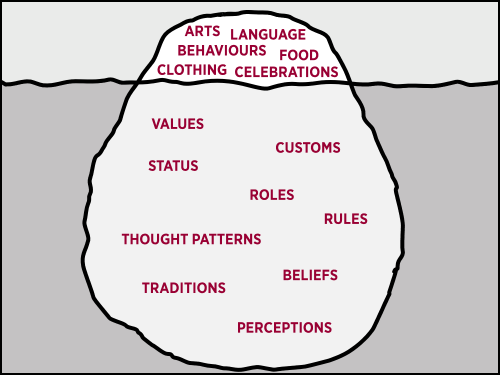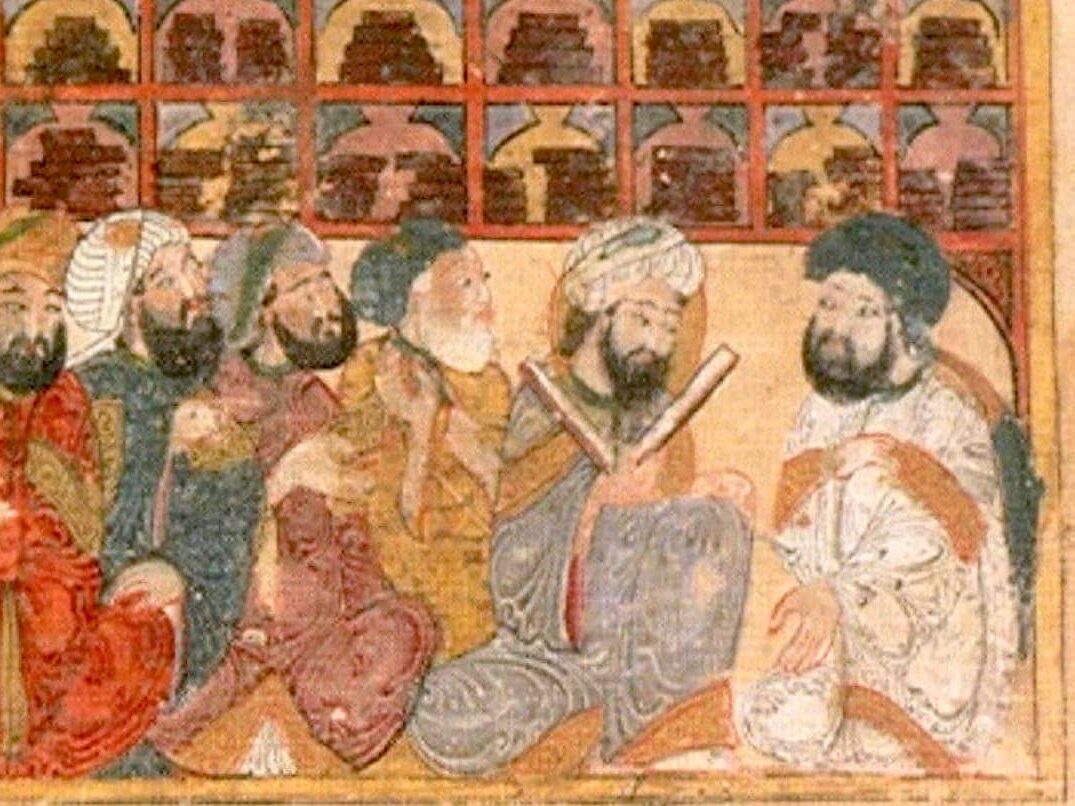

Dear Professor Heerah,
I have always been one to take notice of the power of certain linguistic tools, such as praising someone while specifically using their name, and how they can boost people’s self-esteem. The way language paints an image of the speaker’s identity was also known to me, but I did not understand its full extent until completing Phase 1. I have always been speaking in Standard English due to it being the only way I could communicate with the outside world. However, after reading Amy Tan’s Mother Tongue, and John Kasaipwalova’s Betel Nut is Bad Magic for Airplanes, I have come to realize that different forms of a language can coexist and be used to communicate with people who use other dialects of said language. There is a learning curve, but it is worthwhile to spend extra time to understand others in the way that they are comfortable speaking.
My target audience is the vast group of first-generation immigrants that feel lost in their cultural identity. After growing up in another country and assimilating to its culture, I struggled to maintain my heritage and slowly became an impostor to both worlds. Most of the authors did not share that same experience but faced similar experiences with language such as discrimination or impostor syndrome; Amy Tan faces impostor syndrome when she realizes and reflects on the difference between the language she uses in the world of her career and the mother tongue she grew up with and still uses in the comfort of her close family members. Tan’s experiences did not resonate with me until I reflected and realized that I code-switch very frequently. Compared to the way I present myself to the professional world, whether it is at a professional networking event, school, or a workplace, the language I use with my siblings and friends is much more colloquial. The comfort I feel around them allows me to convey my thoughts using New York native slang, casual profanity, and just informal English. It is often humorous when I have friends in the same class as me because they hear me participating and find it amusing because of how I code-switch to fit the language of the environment I am in.
The context and audience have impacted my writing practices in this phase the most because I really consider how relatable my story will be and whether the context of my narrative is serving a true purpose for my audience to resonate with. This phase’s assignment helped me better understand and recognize the role of language attitudes and standards in empowering, oppressing, and hierarchizing languages and their users. It also helped me be more open to communicating across different dialects and cultures. After I had peer reviewed my peers’ works and read their personal narratives, it became evident to me how ashamed some of them were of their mother tongue at a young age due to condescending adult figures in their lives such as teachers. I specifically remember a story where my peer’s kindergarten teacher had discouraged them from speaking their comfort language because “This is America.”
There were many clear indications throughout the texts we’ve read, Safwat Saleem’s Ted Talk, and even the LLN drafts of our peers, that language and literacy have a distinct effect on how a person really embodies and embraces their culture. Each story was different with unique characteristics and issues that resonated with its targeted audiences by engaging in the social aspects of the effect of language. This phase was insightful, as it really made me aware of what I do on a day-to-day basis but don’t realize because, to me, it is just routine. It is important to be aware of code-switching and the effects of using different forms of a language as it better enables you to address social aspects and issues that may arise from the usage of your personal “language”.
Sincerely,
Samin Chowdhury
Outsider of Both Worlds
I ran out of that white Toyota Allion trying to avoid getting soaked while my shoes became muddy from the dirt and pooling water on the sidewalk. The warm rain was thundering down as my mom explained it was monsoon season in the car while our driver, Mizan, said this rain was nothing compared to that of previous years. I kissed my mom goodbye and ran out of the car with my older brother. He was in the 6th grade, and I was in the 2nd, but we always hung out together because nobody wanted to be our friend. The security personnel opened the gate lock as we got soaked waiting for him, our earlier efforts rendered useless. It was uncomfortable, our fresh white linen shirts sticking to us, yet the strong smell of muddied grass and nature comforted me as I walked from the dingy, brick-red metal gate to the open doors of Ark International. I was unable to process all this change considering only a month ago, I was in Astoria, NYC, living in a tiny, 1-bedroom apartment and going to school there. Even though we moved to a huge condominium, the loneliness made my previous bunking with my older brother, sharing a single bed sound great now. However, it was far too late now. All of this happened so fast, not to mention that we came right around midterm season, giving us no time to reminisce and just study.
My brother was nervous for his Bangla and Math midterms and avoided the topic while we sat in the common lounge, waiting for our classes to start. Unlike my brother, I was able to adjust to the fast-paced curriculum because I was only in the second grade and the educational gap for 2nd grade wasn’t too wide. I felt helpless then, unable to make him feel better or console him. We both simply sat there talking about what we wanted to do once we got home. It was a bittersweet moment because we were becoming closer but were still struggling to make any new friends. At 2:20 pm, we both got out of class and met up in front of the gate. I was pumped up, confident I did well in all subject tests, but I hid my smile once I saw my brother’s face from afar. His eyebrows were furrowed, his face was stressed, but we both knew this would happen. The Bangla and Math tests were too hard for him, even with his tutor coming over every Friday and Saturday. The situation was different though. I could tell that wasn’t all because I knew he wouldn’t be this upset over simply academic issues. I later confirmed my suspicions when he was silent on the ride home. Once we got to our room, he just said, “I hate this school. Everyone’s mad fucking annoying.” It was random and I was there just listening, debating whether I should ask what happened. I decided to let his anger pass as we ended up playing some board games with our mom and the maid, we had hired to help our mom with daily chores.
I went to school the next day and saw the results posted in the neon yellow-green hallway; you couldn’t miss it because you walk through it as soon as you enter the school. I was ecstatic as I found my name on the top of the list on almost all subjects including Bangla! I couldn’t believe it. I went to my classroom, excited that some students might approach me and congratulate me. While students were still coming in, a few boys walked by me to their seats. They sneered at me and then finally said, in Bengali, “The teachers probably dumbed it down for you because how the hell did you rank first in Bangla.” “You’re mad because I did better than you? Maybe try studying harder,” I retorted. They laughed at my broken Bangla. My mom taught me Bangla as a kid, but I would often use the wrong tense, or my sentences would have awkward phrasing which happened then. My face flushed red, and I was glad that they weren’t standing in front of me to see. They wanted to humiliate and reject me, but for what? I was confused. We spoke similarly, looked similar yet they despised me, and it was not simply jealousy. They strutted by me every day as if they were better than me while I was trying my hardest to be open for people to approach me. As much as I was frustrated and angered by their behavior towards me, I pitied them and knew they despised me for being able to live in America. It’s almost all Bangladeshi citizens’ dream to immigrate to a 1st world country. Forced to watch and experience their country crumble from political corruption, severe poverty, and lack of safety, anyone would despise their lives and envy the ones living their dream.
However, being born in America wasn’t my choice and it was unfair how I was being punished for something I had no say in. Looking back, it was silly for me to think this, but I had wished to just have been born in Bangladesh and grow up there, facing all the country’s problems just so I could fit in with these kids. I craved friendship and acceptance and 8-year-old me just could not understand why they wouldn’t give me a chance. However, reflecting on the situation many years later has helped me understand how people can behave. It is socially accepted to talk down on those more fortunate than you and create excuses for why they don’t deserve it and how you are better than them. I see this phenomenon almost daily across a multitude of social media platforms. However, understanding this behavior has helped me avoid it. In turn, I have been able to bring this experience and realization of social behavior up to my family and close friends and helped them be aware of it as well. Overall, drawing from previous experiences that may have been negative at the time can help us learn and foster a positive outlook for the future.


